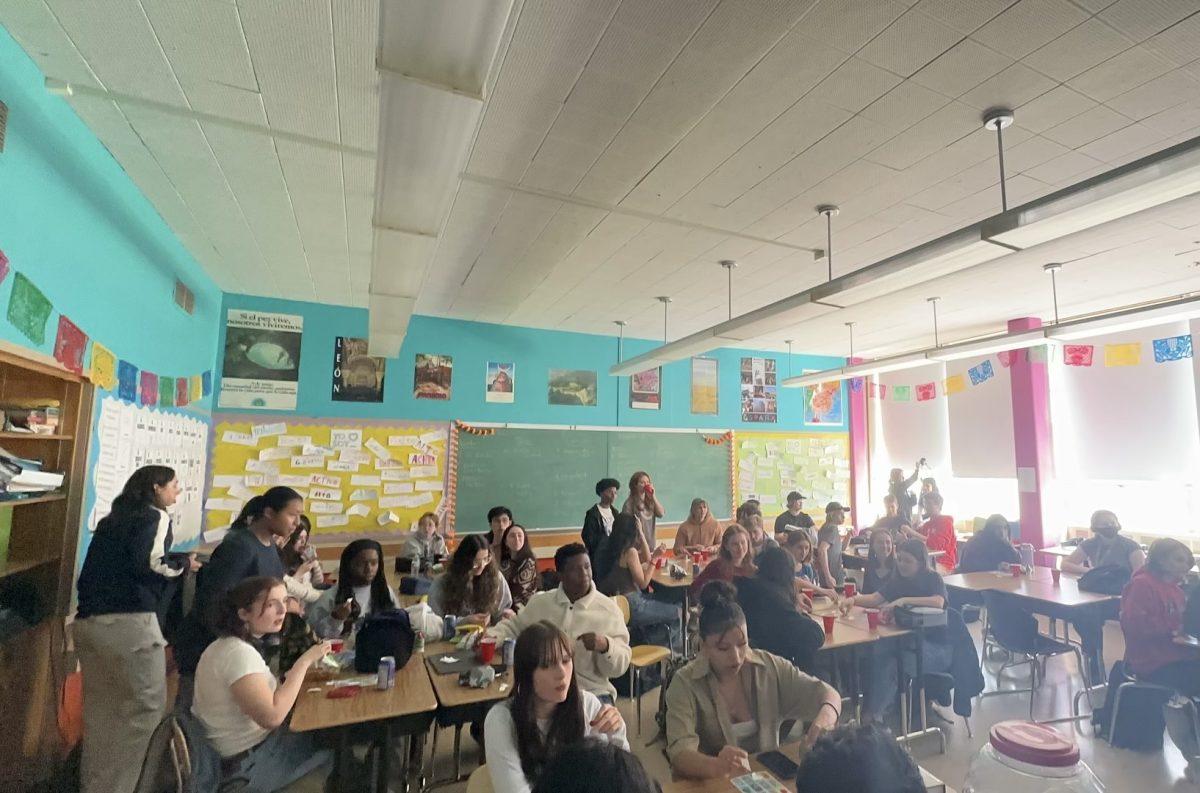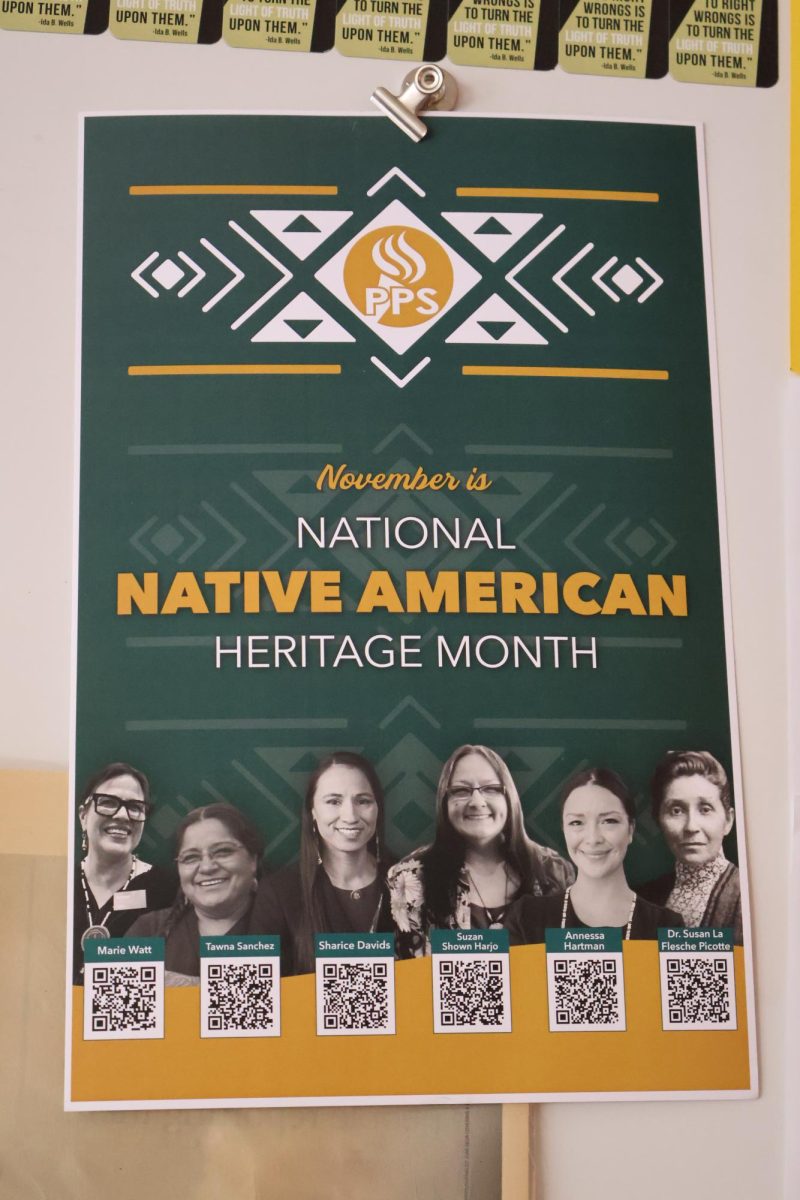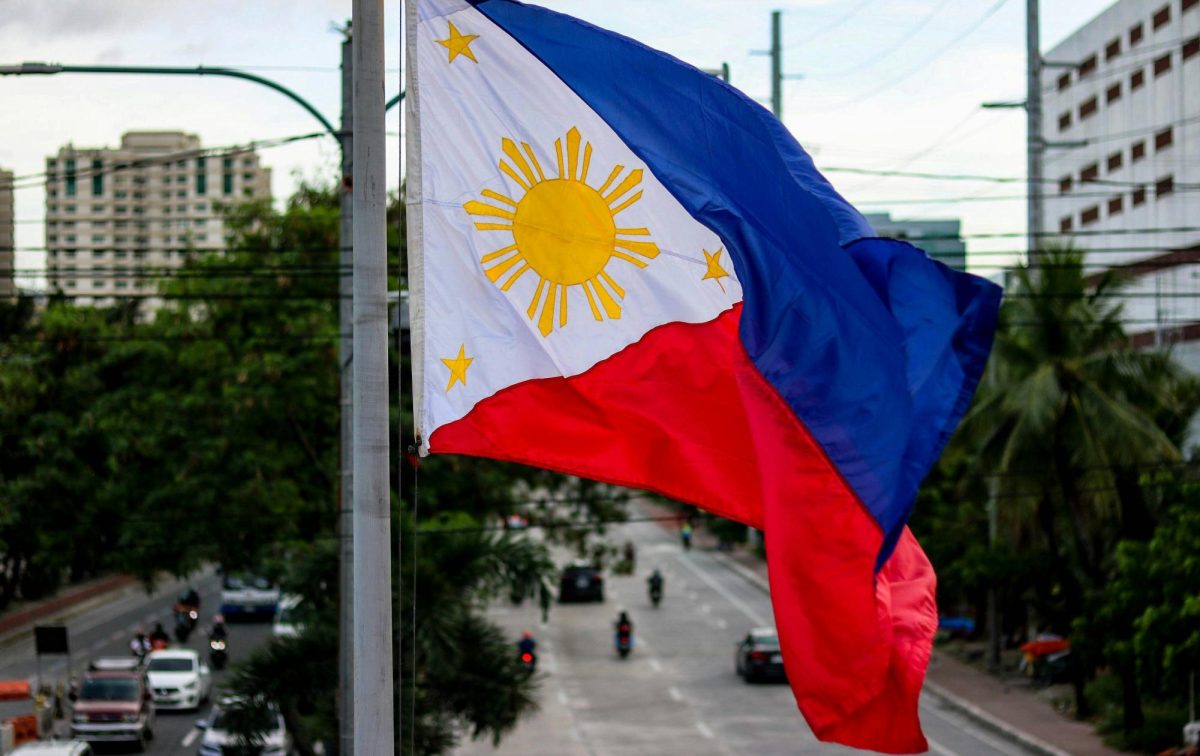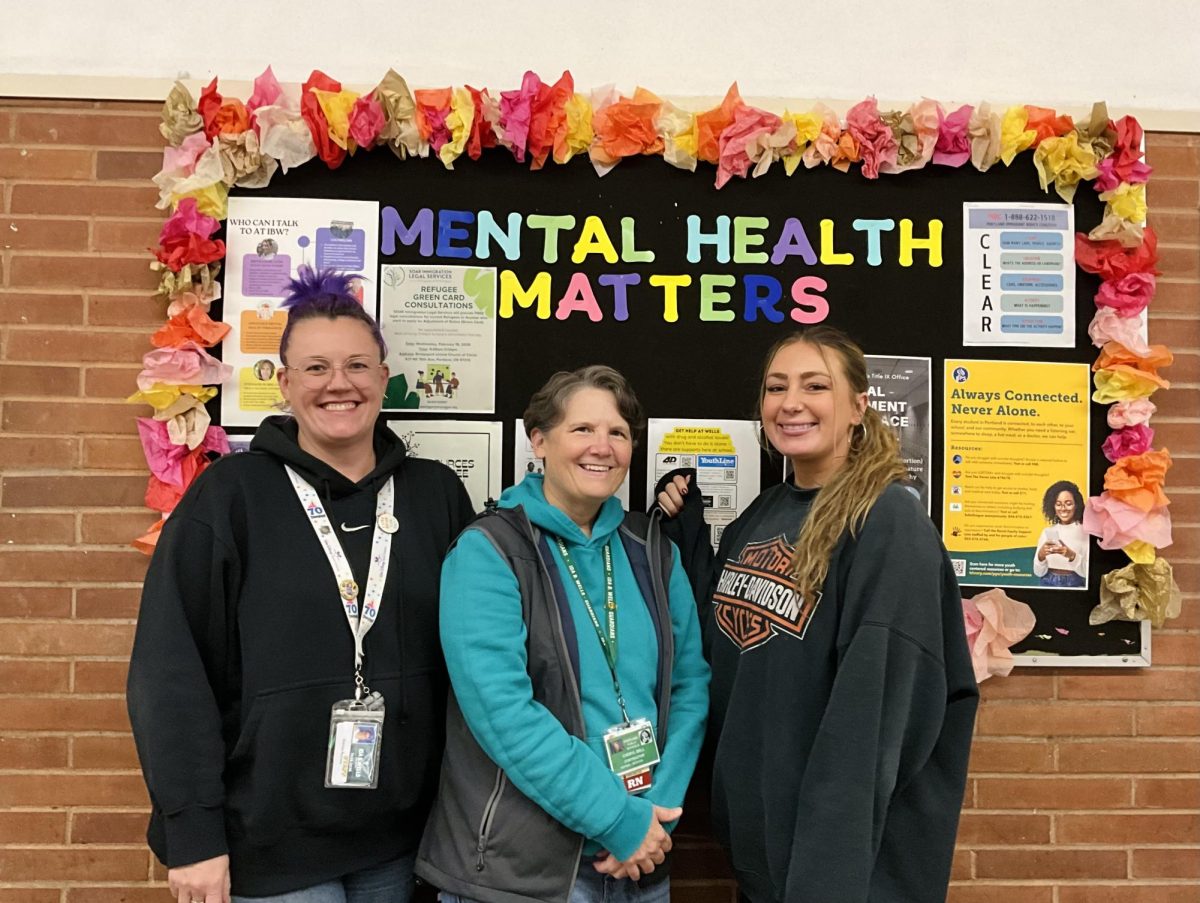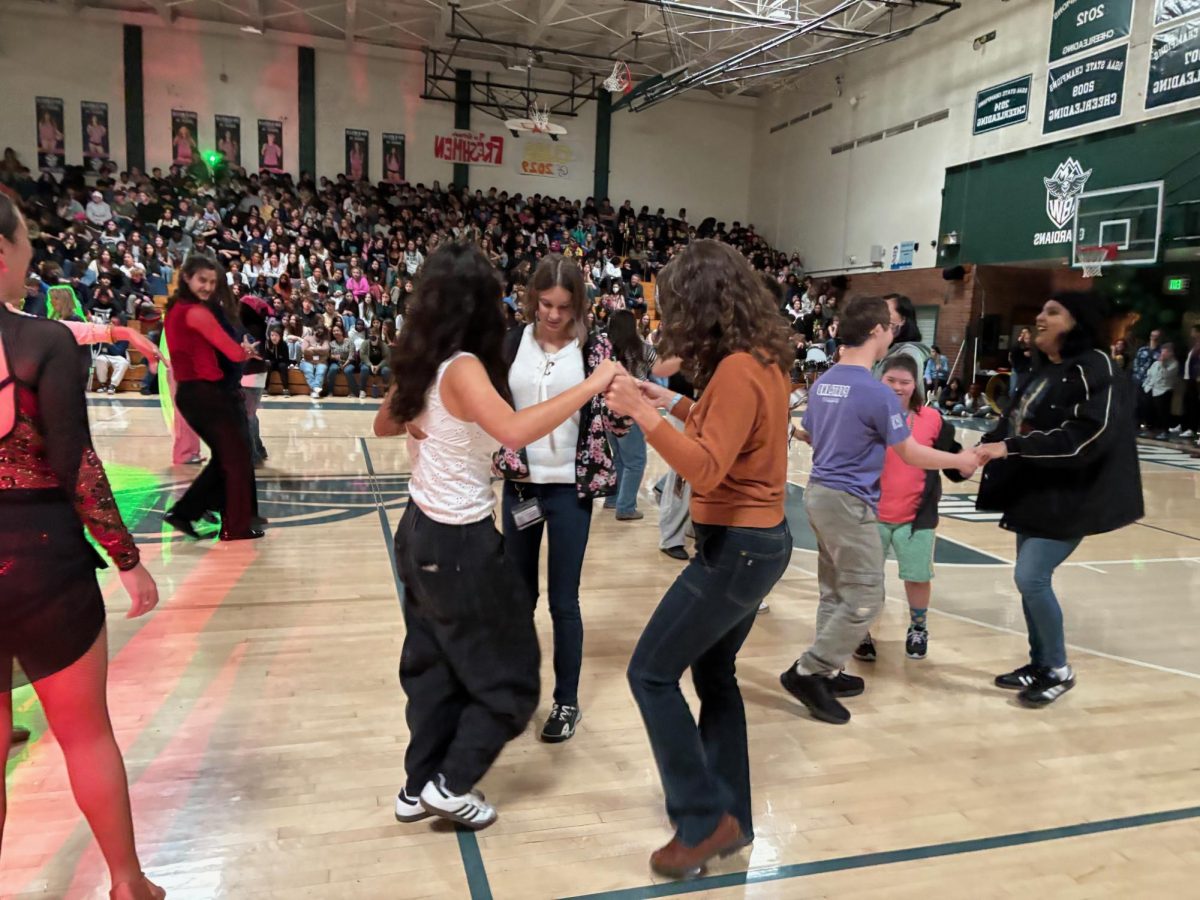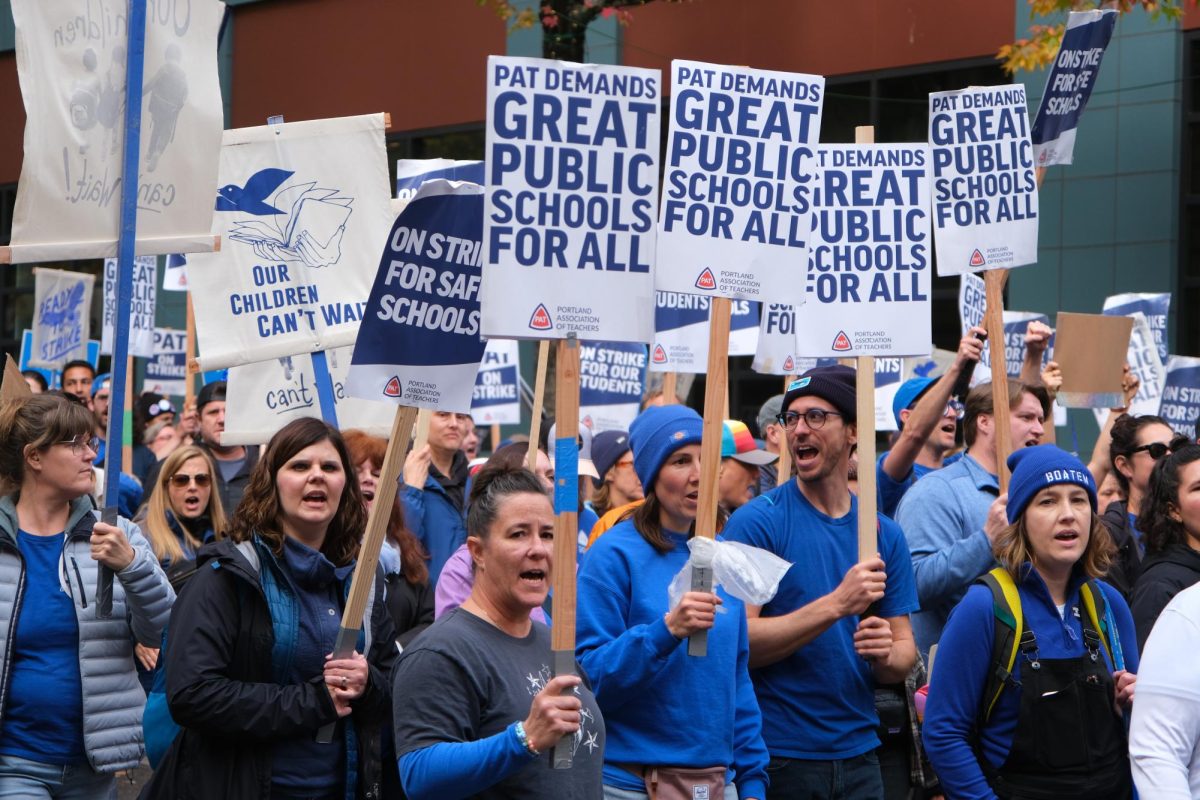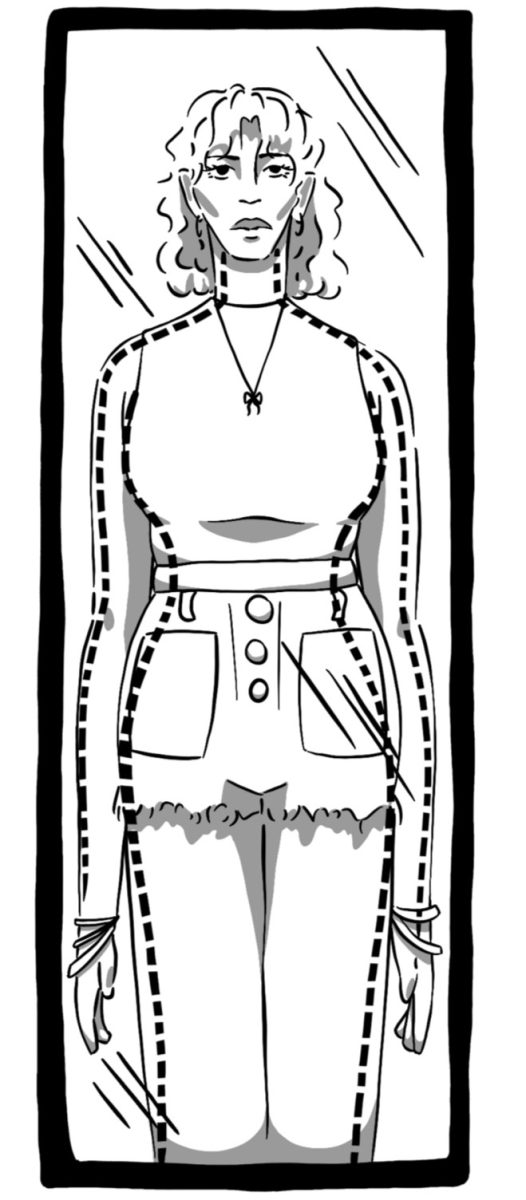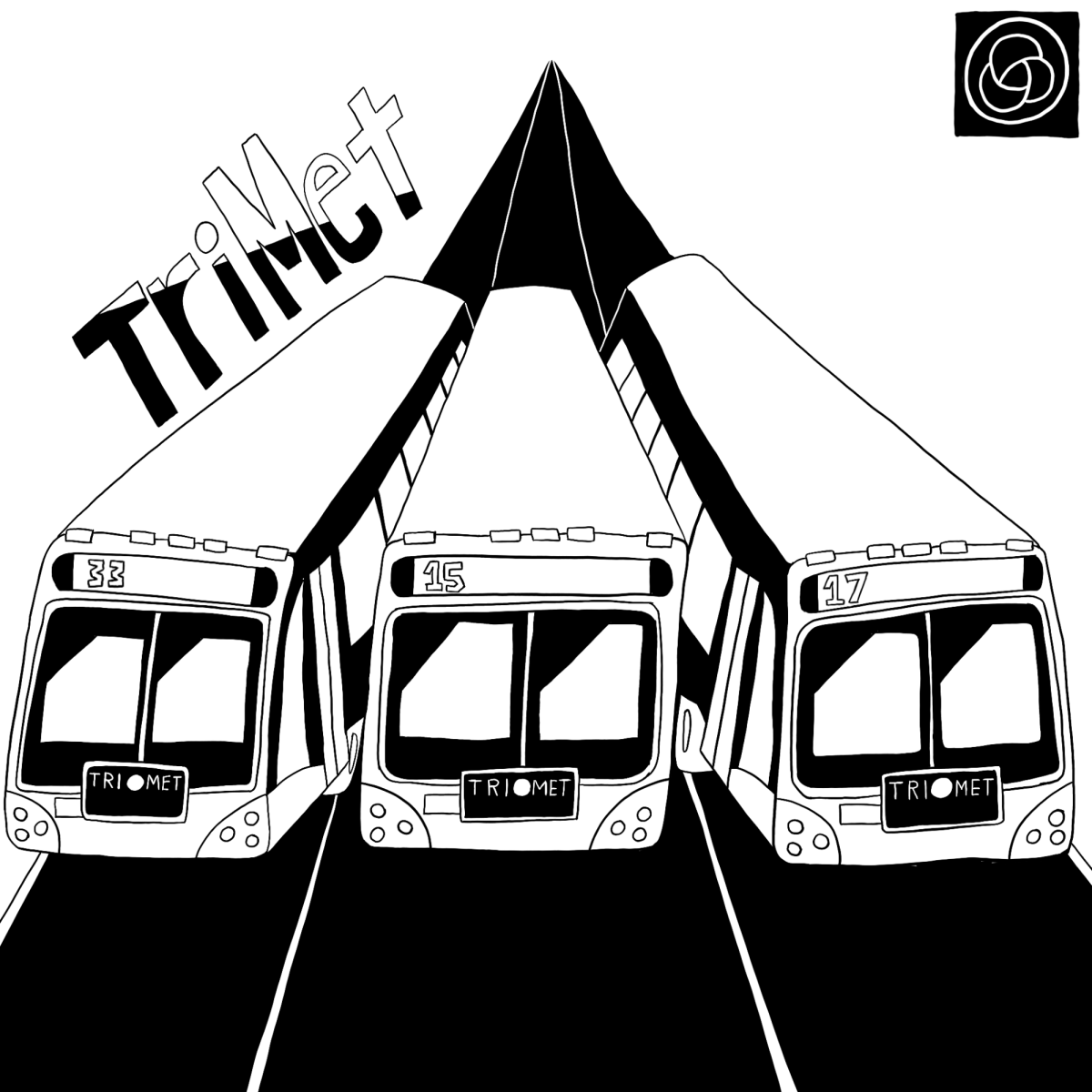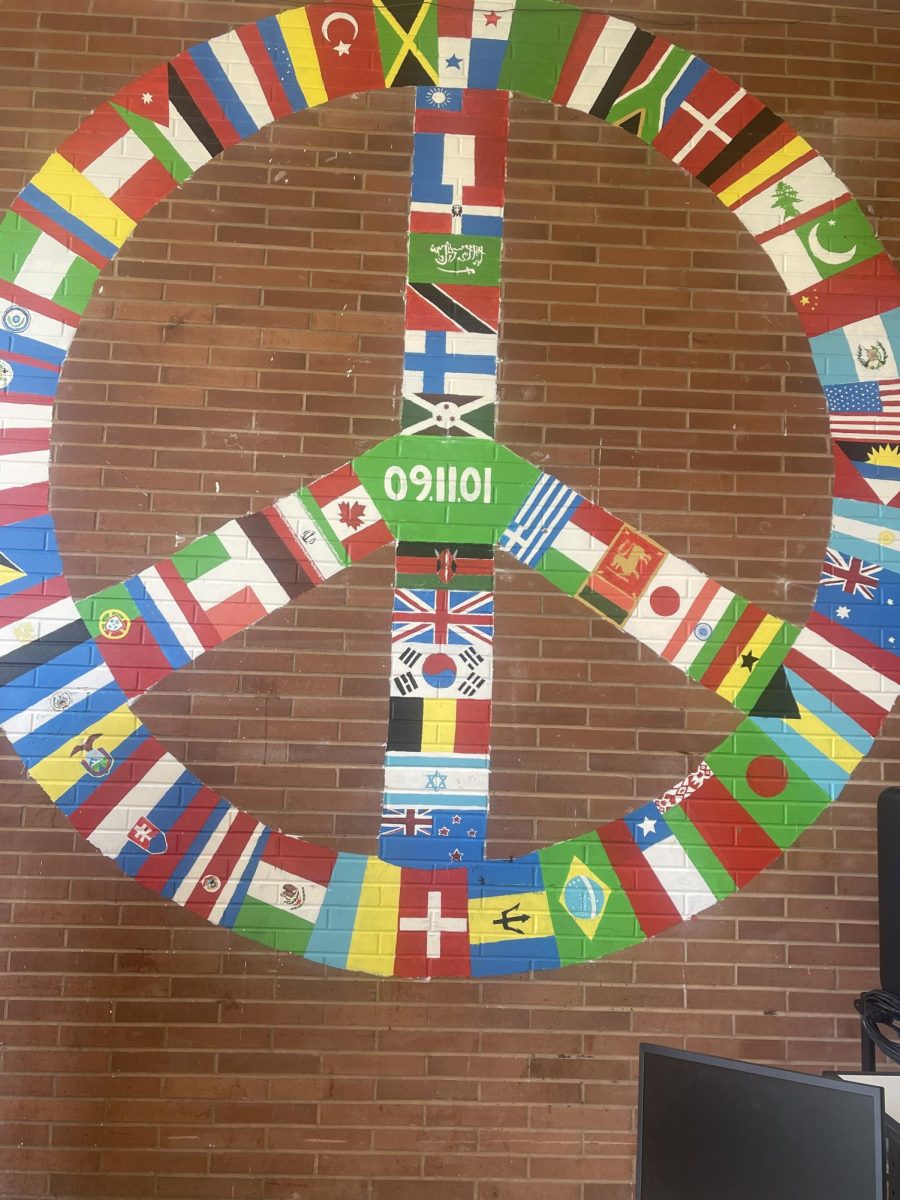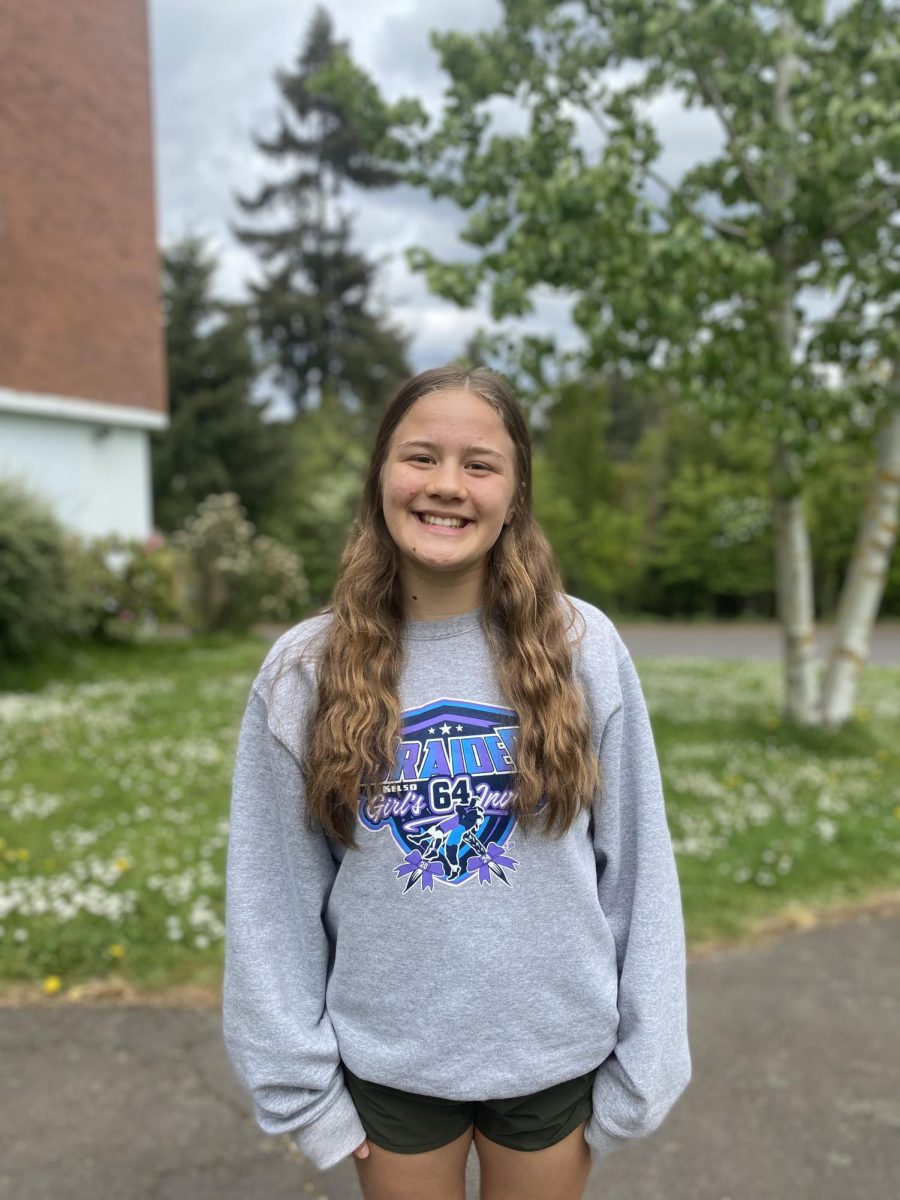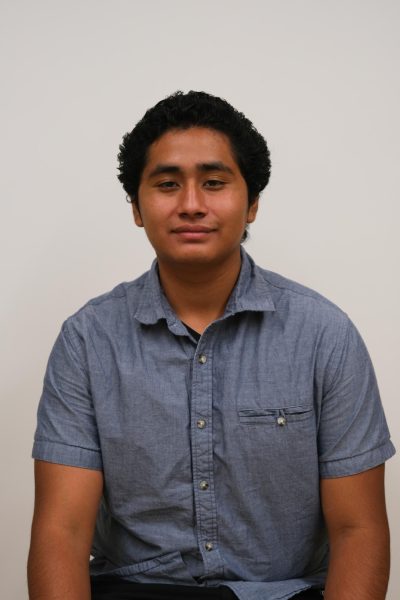On Nov. 1, 2023, one of the biggest unprecedented events occurred: the Portland Public School (PPS) teachers strike. Lasting 11 school days, the strike disrupted various school activities and lives. Although the strike has been over for months, the lasting impacts of the strike still linger, with many affinity clubs being affected.
An affinity club is a club where students and faculty from similar backgrounds/identities meet and connect with one another.
When asked about the initial impacts of the strike, Ricardo Bernabe Francisco, a senior and a student leader of the Latinx Student Union (LSU) said, “Bro, it sucked. At the beginning of the year, we went all out, we were at the highest we’ve ever been. But then the strike happened [and] it all just went downhill. We lost all our momentum.”
During the beginning of the year, the LSU threw numerous events for Hispanic Heritage Month. “We had this huge event planned for the beginning of November for the Day of the Dead, but because of the strike, we had to postpone it and throw a smaller event which was rushed. This was an important event for our people, and we were very sad that we had to postpone it,” said Bernabe Francisco.
The Latinx Student Union isn’t the only affinity club that had to postpone plans. The Jewish Student Union (JSU) also had this issue. “During the strike, there were some pretty important holidays we wanted to talk about and were planning on doing things but we couldn’t,” said Sunny Press, a sophomore and student leader for JSU.
Although these events weren’t able to occur during school hours, some members of the JSU were still able to celebrate these holidays together. Additionally, the JSU threw a Chanukah party a week after school started again, which had a great turnout.
Though most clubs had to cancel events due to the strike, other clubs had a smooth recovery process after the strike. Jizelle Long, a junior and a student leader for the Black Student Union (BSU) said that the recovery process was “smooth sailing.” Additionally, Zoë Weber, a senior and student leader for the Asian, Desi, Pacific Islander Student Union (ADPI) said that the recovery process “wasn’t too bad. It was more just getting back into the swing of things and having to go over everything to make sure things still lined up.” However, this isn’t the case for other clubs.
According to Fatima Azouz, a senior and a student leader for the Muslim Student
Association (MSA), the recovery process “has been pretty hard. For such a small club like ours in a predominantly white school, it’s really hard for affinity clubs to stick together. And that big part of building community in our clubs comes from seeing each other consistently.” The LSU also experienced this issue, with Bernabe Francisco saying, “We just never fully recovered to the point we were at before the strike.”
Consistency is a key factor in community building, and the strike put that into jeopardy. “[The strike] ruined the already fragile community we already had,” said Azouz.
However, Azouz adds, “Doing events is the best way to get a club back together.” Which led us to April. Ida B. Wells High School threw its very first Multicultural Week Fair. The turnout was great and had slightly mitigated the effects of the strike on the affinity clubs. Even though the strike may have put some affinity clubs on hold, they still pose as amazing spaces to build community and learn about the different cultures of Ida B. Wells High School.


